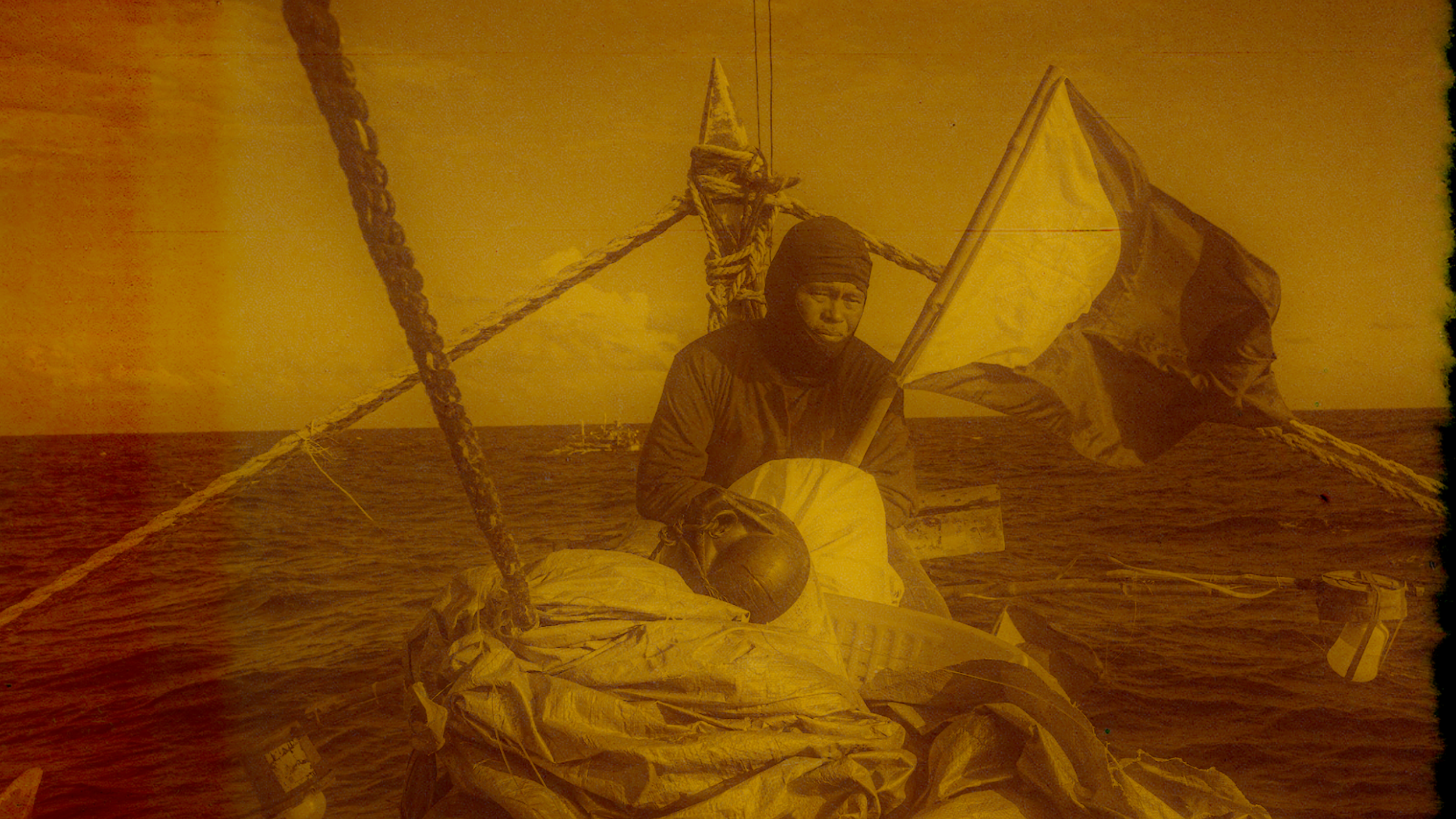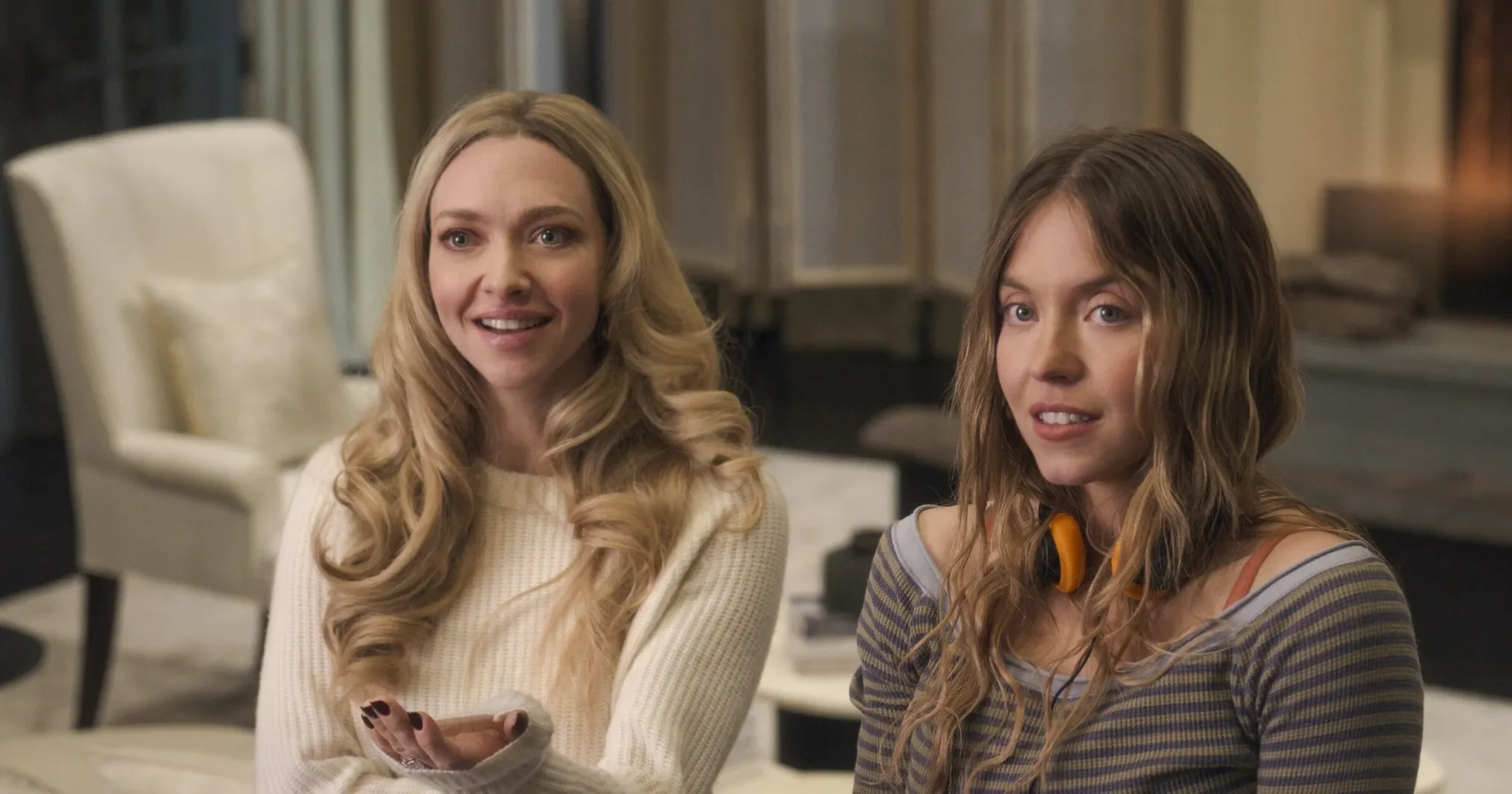From ‘Moral’ to ‘Sunshine’: A Love Letter to the Filipino Woman
From ‘Moral’ to ‘Sunshine’: A Love Letter to the Filipino Woman
Feature art by Angelica Afan
Philippine cinema doesn’t often touch on taboo subjects in the mainstream, but Marilou Diaz-Abaya’s Moral and Antoinette Jadaone’s Sunshine are great exceptions. At first glance, they’re just films about unplanned pregnancies, complicated relationships, and the choices that no one wants to talk about in public. But a closer look will reveal that they’re not made to shock—they’re made to care. Both films are love letters to women, telling them that, Your story matters, your body is yours, and your choices are not something to be ashamed of.
Still from Moral (1982)
Back in 1982, Moral was already tackling issues that remain controversial until now: sex and abortion in a society that decides for women before they can decide for themselves. Not to mention it’s set in the Philippines, a conservative nation where abortion is illegal and the concept of bodily autonomy is a slippery subject. This wasn’t just a bold artistic choice; it was a direct challenge to the culture and the institutions that demanded silence.
READ: ‘Moral’ REVIEW: A celebration of womanhood and its complexities
In the film, four women navigate through experiences that are far from the idealized roles expected of them: one considers ending a pregnancy; another questions her marriage; and another explores the complexity of sexuality. None of these women are punished for their actions, and none of them are turned into stereotypes. Diaz-Abaya could’ve played it safe, but in Moral she simply allows them to exist as they are—messy, scared, free, and human.
And that’s what made Moral feel like a love letter albeit a different kind. It wasn’t soft or sweet, but it was brave and bold enough to show women as they really are, even if the world insisted on keeping them small and silent.
Fast forward to 2025 and you’d expect the conversation to be easier by now. But Sunshine shows that the same battles remain. Abortion is still illegal. Reproductive rights are still framed as moral debates instead of healthcare policymaking. And women are still made to feel like their bodies belong to everyone but themselves.
Still from Sunshine (2025)
Sunshine follows a young gymnast facing an unplanned pregnancy in an environment where opinions are louder than her own and support systems are weaker than they should be. In the same conservative landscape, Jadaone made a film that openly talks about abortion and bodily autonomy, knowing full well how taboo these subjects still are. Yet the film doesn’t turn her into a cautionary tale nor does it make the story about punishment or shame. Instead, it gives her space to breathe, think, and decide.
READ: ‘Sunshine’ REVIEW: A flicker of hope in the city of broken dreams
That’s where Sunshine feels like a continuation of Moral: It’s not about provocation, but compassion. It’s about saying, I see you, I believe you, and your choices are valid, even if the society you belong to says otherwise.
Both Moral and Sunshine put bodily autonomy on-screen, but not to deliver shocking twists or political statements. They portray it as acts rooted in care—care for your own life, for your future, and even for the child you cannot bring into a world that won’t help you raise it. In a nation that calls these conversations “immoral,” these films do the opposite. They say, Real love means trusting women to know what’s best for themselves. They don’t simplify the choices, and they don’t pretend they’re easy. But they treat women as people—not as lessons.
Moreover, these films prove that when institutions refuse to listen, cinema sometimes has to do the listening for them. These stories don’t just entertain; they carve out space for topics society insists on keeping hidden. They let women be seen in their full complexity, without judgment and without apology. That’s why they feel like love letters: they show women what they're capable of, that there's room to exist, to choose, and to own their bodies without fear despite living in a conservative country.
Fourth decades separate Moral and Sunshine, yet they are bound by a single, urgent question: When will a woman’s right to her own body stop being a debate and start being a given? Until that day comes, Philippine cinema will have to hold the conversations society still refuses to have. These films don’t just tell stories; they become lifelines, saying what laws will not: that women deserve to live, choose, and to have authority over their own body.
And as long as the noise continues—the endless arguments over who has authority over a woman’s body—films like Moral and Sunshine will keep doing what they’ve always done: drown out the noise.
Mahal namin kayo, Sunshine, Joey, Kathy, Maritess, at Sylvia.
Sunshine is exclusively showing in SM Cinemas nationwide while Moral is available to stream for free on YouTube and iWantTFC.




















